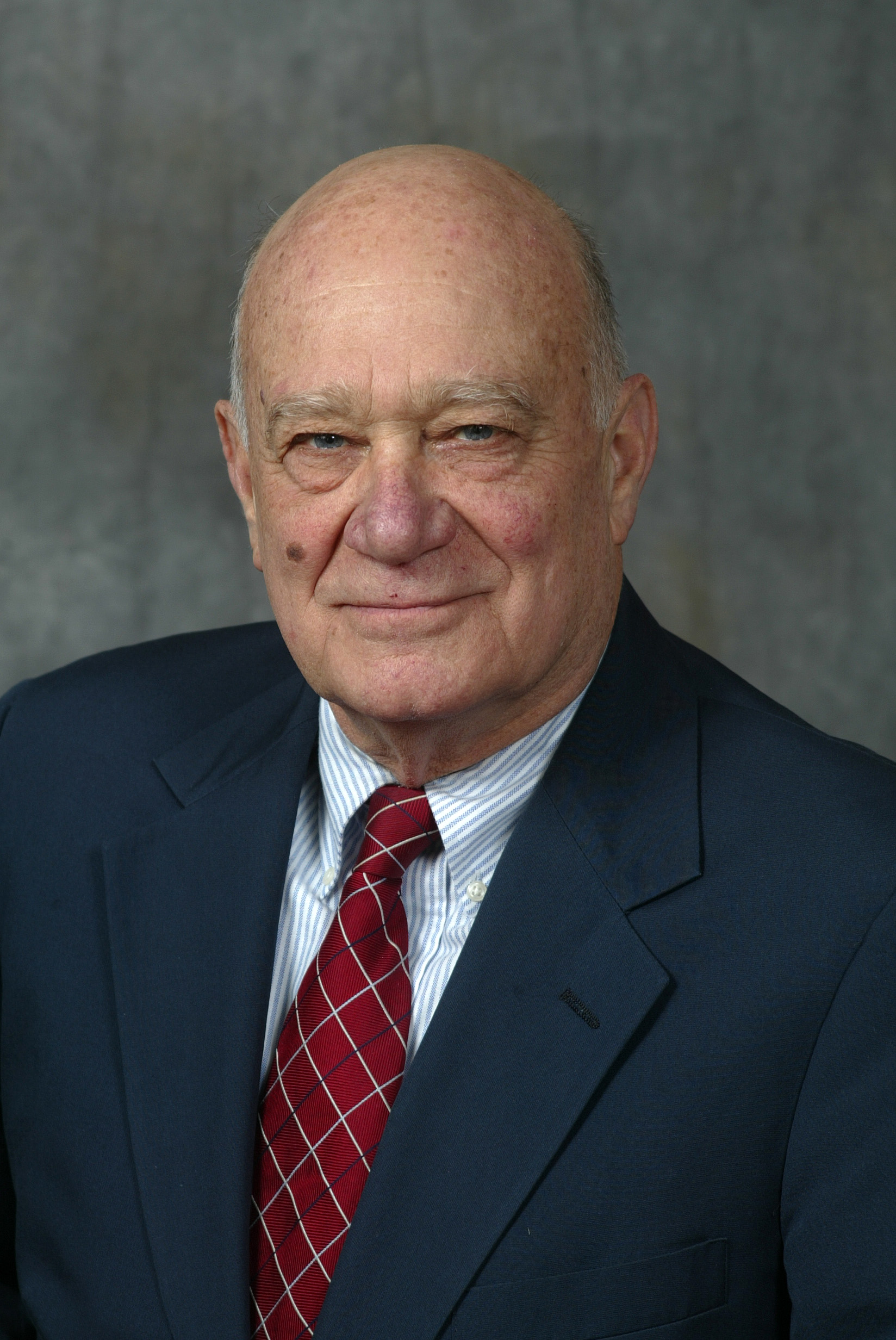Of course, America can’t fit in one room – unless one adapts the creative approach of Stanford professors James Fishkin and Larry Diamond. They raised $3 million to do the following: 1) conduct a scientific, nationwide poll that reflected all demographics; 2) get 526 registered voters to participate in the poll with the understanding that they would then assemble for four days at a resort near Dallas, Texas, and 3) cover all their travel, hotel and meal costs.
No surprise that some folks thought this was a scam. But it was a reprise of a similar experiment in democratic discourse that Jim Fishkin coordinated with the Kettering Foundation in Austin, Texas in 1996.
I was privileged to be part of the 1996 project and even got featured with Jim Lehrer on The News Hour of PBS. My responsibility in Austin was to serve as one of the nonpartisan forum moderators when small groups of twenty were gathered (from the hundreds assembled to “talk with strangers” – their fellow poll takers) about issues facing the nation.
This September, as in 1996, each participant, after completing the poll – and booked for travel to the conference – received a briefing pamphlet offering a range of perspectives about policy choices. The goals in both gatherings, with the assistance of moderators, were to have these representative Americans listen to each other and weigh the costs and benefits of policy actions.
Associating proposed actions with particular elected officials, candidates or political parties were minimized as much as possible.
Could American citizens explore their own deeply held values while discoursing with civility? Could they listen with care while others advocated views they had not supported in their own polls? Could they also be open to reconsidering their own positions because of new evidence or analysis, and, perhaps, because they were seeing relatable fellow citizens during time spent together?
On Sunday, Oct. 13 The New York Times published a special eight-page insert with two sentences on its first page: 1) “These Voters Represent All of America;” then, near the bottom of the page, surrounded by more than 500 small, individual photos: 2) “And They Spent A Weekend Together.”
I was surprised that so few students and North Shore folks seem to have read this section. It seems that some folks thought this was an advertising insert; they did not look beyond the first page with photos of 519 of the 526 participants. In subsequent pages, each person had a much larger photo with a listing of her or his town and state.
As with my experience in 1996, this 2019 venture was a bold experiment to examine whether citizens who represented America could foster “A different kind of talk; another way to act” (an earlier motto for the Kettering National Issues Forums).
We did find in 1996 – and reports offer confirmation in 2019 – that it is feasible under good circumstances to foster “a different kind of talk.” However, as you might surmise, moving folks to “another way to act,” or to change positions during a few days, is a much bigger challenge.
Still, what was evident on both of these occasions of structured democratic discourse (with goals of striving for informed deliberation that Tocqueville celebrated as found in American juries comprised of regular citizens) is that American citizens are capable of civic engagement in more civil and thoughtful ways than our highly partisan times seem to indicate.
Closely related to the Fishkin-led endeavors of 2019 and 1996, I am conducting forums on Long Island in association with the Kettering Foundation. I ask participants to read a National Issues briefing booklet, “A House Divided: How Do We Get the Political System We Want? What Would We Have to Give Up to Get It?”
Before considering pros, cons and trade-offs of various options, forum moderators establish ground rules for fair discussions in which all folks have close to equal participation and in which the discourse focuses on proposed actions and costs, not on elected officials or political parties.
The recent discussions are striking because at these forums ninety percent of folks say that the partisan politics of 2019 are the most extreme they have ever encountered. It is also worth noting that several of these Long Island registered voters have been meeting together over extended periods of time to discuss current events. In those sessions, strong partisan positions have often been expressed, including several participants forming an activist group to prepare for the 2020 election, contending “these are not ordinary times; extraordinary steps must be taken.”
A smaller percentage of folks counters that the current administration is, indeed, making America better than it was.
In more than 50 years of doing current events programs at public libraries, I never experienced such partisan, outspoken divisions as in recent years. Although most of my forum participants are elders who lived through the 1960s, fewer than 10 percent regard the Vietnam era as more divisive than 2019.
In light of these perceptions, further assessments can be valuable in terms of what we can learn from Fishkin’s 2019 and 1996 representative Americans, and from the continuing Long Island forums on “A House Divided?” [Please check my next column.]



